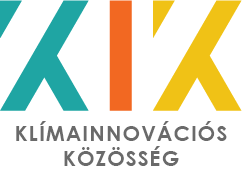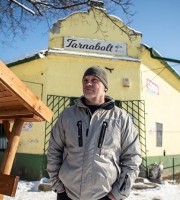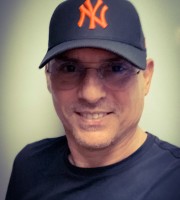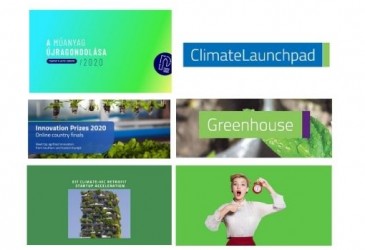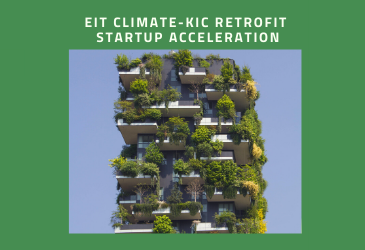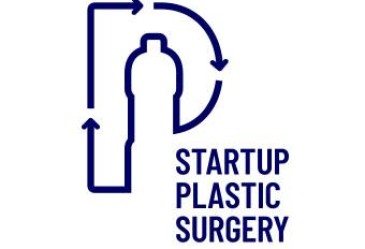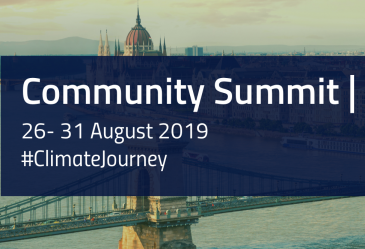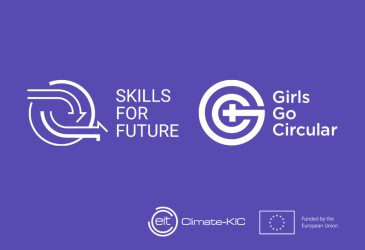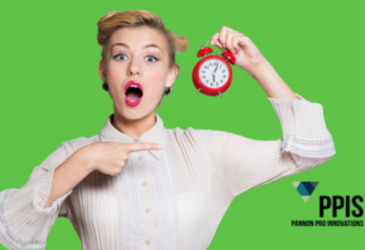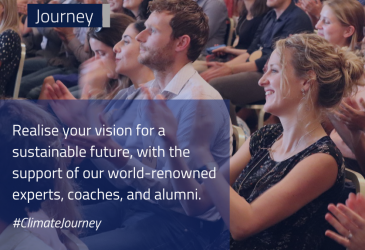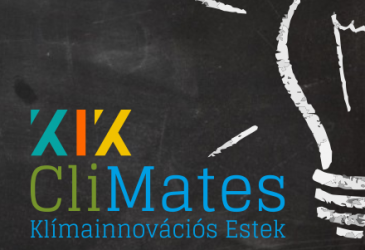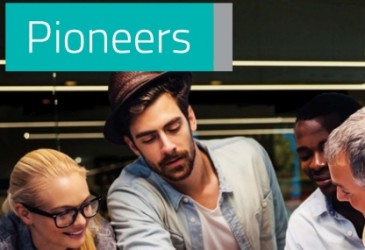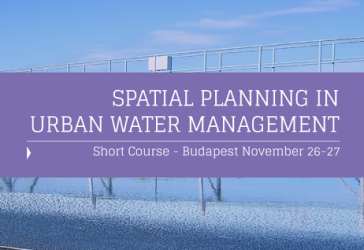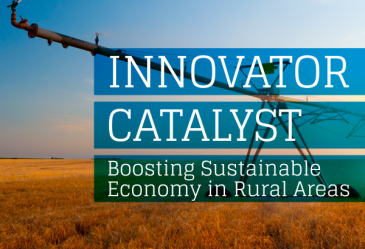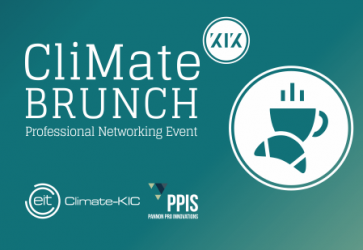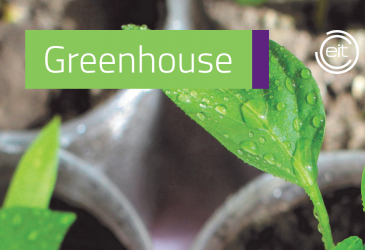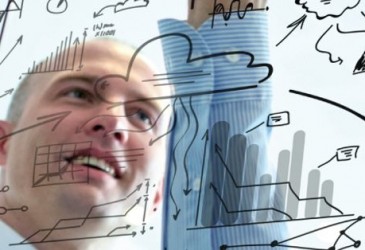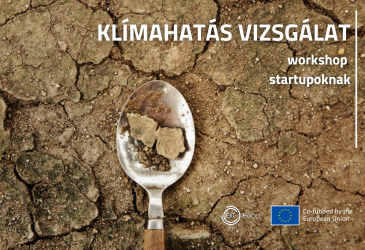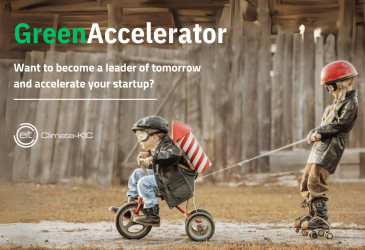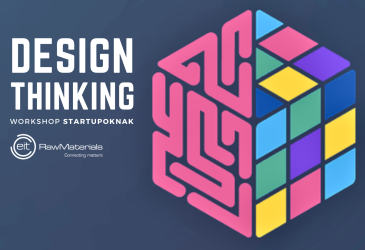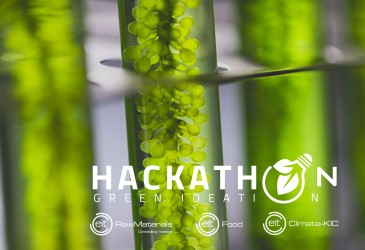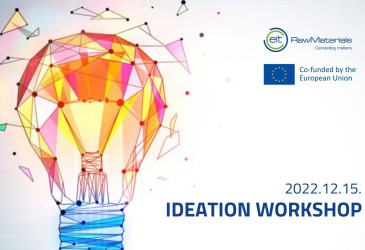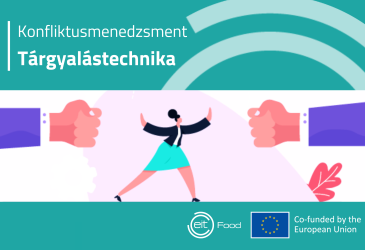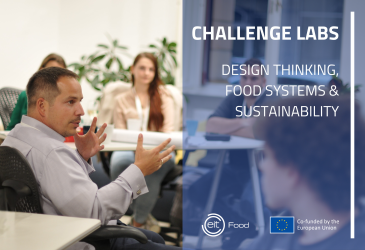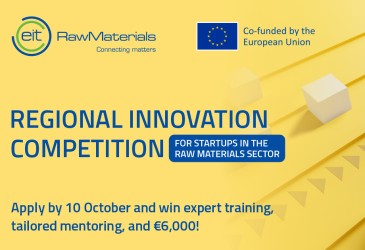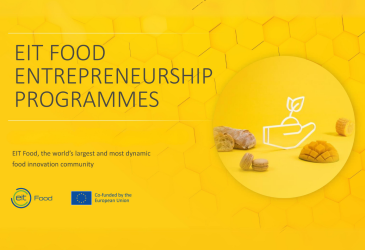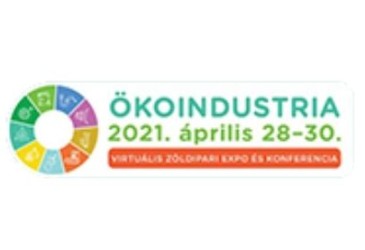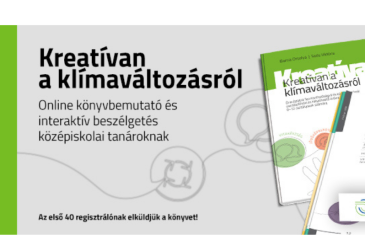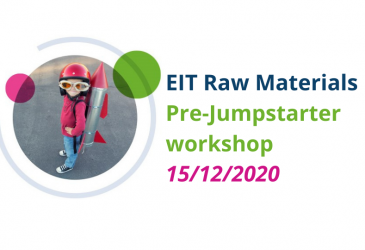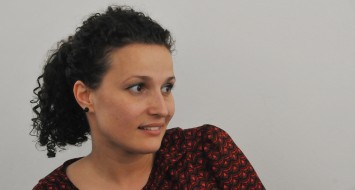
My name is Corina Mot, I’m from Romania and I am engineer analyst in the pharmacy department, on raw materials at the Institute of Chemistry of the Romanian Academy.
Please share your experience regarding the your domestic placement.
On my domestic placement I worked for ÖKO-PACK. http://okopack.hu/en I am very grateful to my host because he gave me the chance to work in his team for a month. It was a daring project, which totally took me out of my comfort zone.
The name of the project was PETCUP. The project focused on illegal waste from Tisza River. Each year, tons of domestic and industrial waste from the upstream regions of Ukraine and Romania are deposited into the floodplain of the upper Tisza and its affluent rivers. The situation is very depressing at places like the confluence of the White and the Black Tisza. Countless PET bottles, plastic bags and other garbage, swept away by the annual flood, turn the otherwise beautiful Tisza into a moving dumpsite. Tens of thousands of PET bottles are drifting on its surface. In severe cases, more than 50 percent of the surface is covered with trash, a phenomenon also known as the annual PET Bottle Flood. After the flood, the shoreline is covered with plastic bags and PET bottles. Some places – like the Jandi Island in Hungary – are so badly affected that the height of plastic piles can reach several meters in height and increasing.
I tried to identify some partners from Romania to raise awareness about the annual PET Bottle Flood, and to build up a partnership.
Also, I participated in a camp where we tried to collect the “Pet fishes” and the garbage from Tisza, and we made a fleet with boats made from the collected “pet fishes” and waste.
The PET Cup 2015 was the third edition of the PETCup, and it achieved its goals: the participants collected record amount of rubbish while cleaning the stretch of the river between Vásárosnamény and Cigánd. The nature-loving and environmentalist pirates of the Cup collected more than 30,000 plastic bottles and other waste materials from the river and the riverside during the six days. The floating bottles are telling a long story about their origins, most of them arrive from Ukraine or Romania.
This year the participants agreed to sort and compress the collected trash. The regional waste management company in Nyíregyháza (Térségi Hulladék-Gazdálkodási Nonprofit Kft.) tackled transportation and preparation for recycling, which was tremendous help in accomplishing the project. Thanks to that, the fished-out bottles may start a new life – as recycled plastic raw material.
What have you learnt, and will you adapt it in your career?
What have I learn from this project? To care more, to do something, not to stay and wait, the change begins with you! By raising awareness we can change the people’s mind-set. In my job I already adopted the waste management knowledge I learned in the PetCup camp.
Do you plan a future cooperation with your host?
I've already collaborated with my host after the project, and I also want to participate at the PetCup 2016. I want to establish a Romanian team with some of the partners I cooperated with in the project.
What is your general take away from the programme?
The general take away from the programme, is that each one of us can do a little to save the resource of the planet! By reduction, recycling, reuse, rethink, we can reduce greenhouse gas emissions! And remember : the garbage of a person is another person's treasure!
